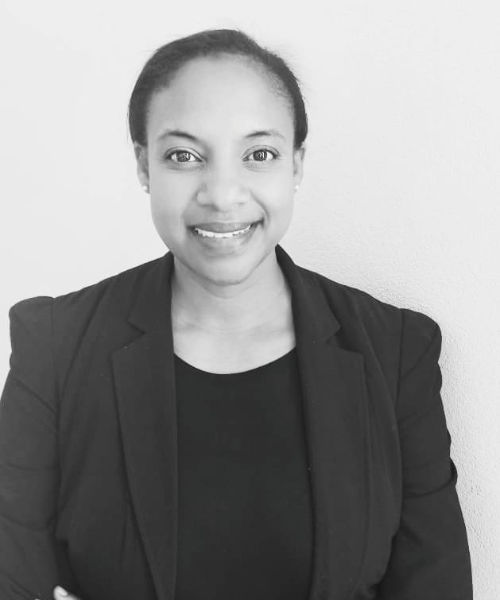Biofuel, not solar or wind power, is the key to Barbados successfully pursuing its ambitious target of renewable energy dependency by 2030.
That’s the opinion of Dr. Legena Henry, who lectures in renewable energy at The University of the West Indies (UWI), Cave Hill Campus in Barbados.
“Barbados is on a path from being almost 100 per cent fossil-fuel dependent to being 100 per cent fossil fuel-free, by 2030. And I think that going to biofuel is an easier transition technology than going to something like fully wind and solar powered. But the planned renewable energy mix for 2030 is approximated to be 21 per cent wind power, 38 per cent solar power, 36 per cent storage and just five per cent biomass,” said Henry, an MIT-trained Mechanical Engineer.
“From my engineering perspective, the transition from fluid fossil fuel to fluid biofuel would be a lot easier.”
Henry is also CEO and Founder of Rum & Sargassum Inc., a company producing affordable, fossil-fuel free, renewable compressed natural gas to power motor vehicles, using low-cost locally sourced organic inputs including rum industry wastewater, Sargassum seaweed and Barbados Blackbelly sheep manure.
The company’s latest project, which runs for 18 months, aims to set up the country’s first biofuel service station, and to develop a mobile app to help predict Sargassum seaweed biomass influx patterns into the island’s exclusive economic zone.
Called SarGASsum, the project is backed by a €300,000 research grant from the Harnessing Innovative Technologies to Support Resilient Settlements on the Coastal Zones of the Caribbean initiative, called HIT RESET Caribbean, which is funded by the ACP Innovation Fund and the Organisation of African, Caribbean and Pacific States’ Research and Innovation Programme, with the financial contribution of the European Union.
“Sargassum is a priority for the Caribbean region, one that we as the European Union are particularly interested to remain engaged and support,” said Luca Trinchieri, Team Lead of the Green Deal Partnership in the delegation of the European Union to Barbados, the Organization of Eastern Caribbean States, the Caribbean Community and The Forum of the Caribbean Group of African, Caribbean and Pacific States (CARIFORUM), speaking at the project launch in Bridgetown on June 7.
“There is a growing demand from Caribbean countries to support response that turn Sargassum from a challenge to a natural resource,” he added.
The EU recently launched a study to assess the relative cost of opportunities for economic use of Sargassum. Researchers aim to quantify the cost implications for scale-up, and to identify the gaps that need to be addressed.
“We are very much engaged into looking at how we can support the region in tackling this issue, because it affects the region in its entirety.”
Lisa Cummins, Barbados Minister of Energy and Business, who delivered the keynote address at the launch, also mentioned Sargassum’s broad spectrum of commercial uses.
“What better use than a project like this that helps us to achieve the very ambitious renewable energy goals that we are now moving steadily towards,” she said.
“While we don’t have a lot of indigenous gas, we have Sargassum seaweed,” said James Browne, CEO of the Barbados National Oil Company Ltd.
“These projects are innovative. These projects reuse the waste that we have…and convert it into energy. At the end of the day, the emissions reduction will be an improvement to the society overall,” he added.


